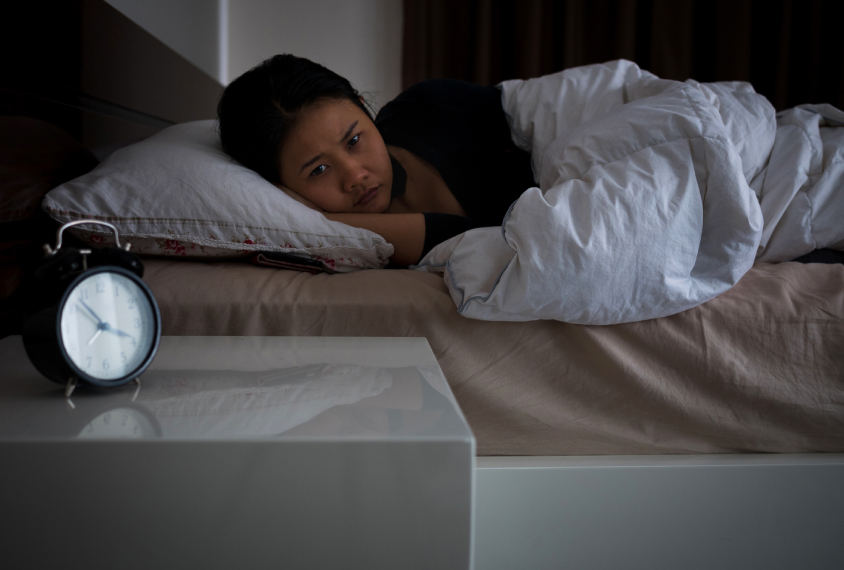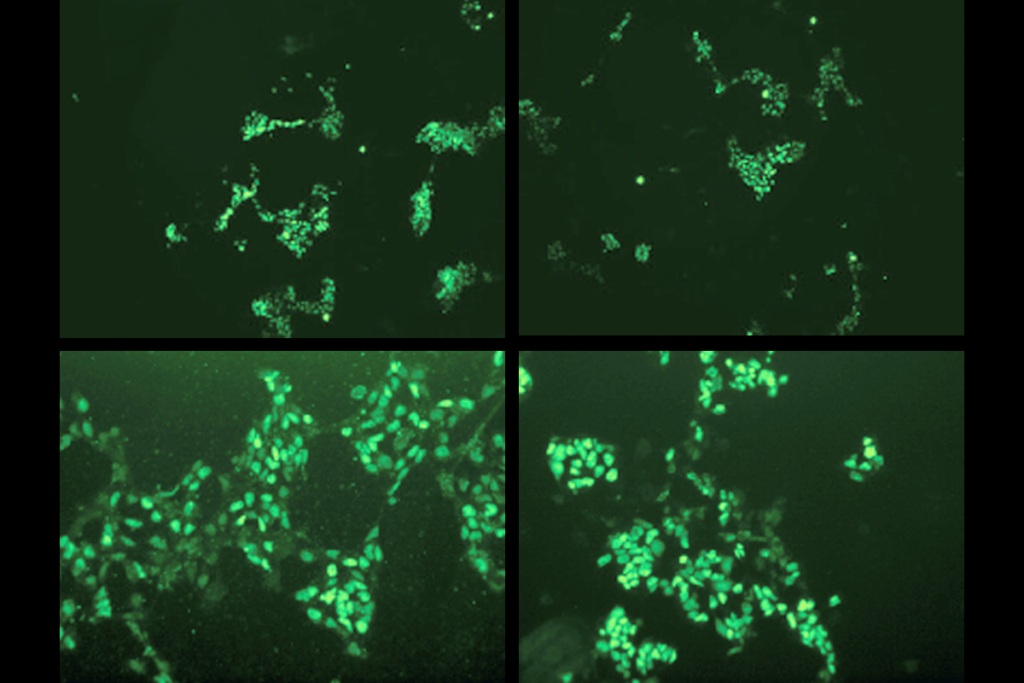
Short sleep is unhappy bedfellow for autism features
The fewer hours of sleep children with autism get, the more severe their features, according to a study of more than 2,700 children with the condition.
The fewer hours of sleep children with autism get, the more severe their features, according to a study of more than 2,700 children with the condition1.
Insufficient sleep appears to take the biggest toll on a child’s ability to make friends: Every four-minute decrease in sleep duration is associated with a one-point increase in a score that reflects a child’s difficulty in forming peer relationships.
The findings, published 16 March in Autism Research, add to mounting evidence that sleep problems can exacerbate core features of autism.
“When kids don’t sleep well, it often affects their behavior during the day, contributing to increased meltdowns and difficulty going with the flow,” says lead researcher Beth Malow, director of Vanderbilt University Medical Center’s Sleep Division in Nashville, Tennessee.
Studies have shown that sleep problems are common among children with autism and are associated with social difficulties, communication problems and repetitive behaviors. The new study is among the largest to examine the impact of too little sleep on autism features. It confirms many of the previous findings and hints at a ‘dose-response’ relationship between lack of sleep and autism severity.
The study is a “good first step” toward understanding the relationship between sleep duration and autism, says Philippe Mourrain, associate professor of psychiatry and behavioral sciences at Stanford University in California, who was not involved in the study. But Mourrain notes that long stretches of sleep are not necessarily of high quality — a distinction scientists should take into account.
Rest for success:
Malow and her colleagues analyzed data from the Simons Simplex Collection, a database of medical and genetic information from children with autism and their families. (The collection is funded by the Simons Foundation, Spectrum’s parent organization.)
The database includes information about autism severity, intelligence and average sleep duration as reported by parents. Malow’s team showed last year that parent reports of sleep among children with autism align with the results of actigraphy, a medical tool for accurately monitoring sleep patterns2.
The average sleep duration per night for a child in this group is 9 hours and 15 minutes. Shorter sleep times are associated with greater severity in social and communication impairment and repetitive behaviors. They are also linked to lower intelligence quotients (IQs).
After assessing variables related to sleep duration, the scientists identified the autism feature most strongly linked to poor sleep: the ability to befriend other children. Sleep deprivation may also affect friendships in children without autism. A 2013 study showed that typical children who have difficulty interacting with others also sleep less than their peers.
Aggravating factor:
When the researchers restricted their analysis to the 481 children who sleep 7 hours or less or 11 hours or more per night, they found that children who sleep unusually little have more severe social difficulties and repetitive behaviors, and lower IQ scores, than those who sleep a lot.
Children who get the least sleep are also more likely to have attention deficit hyperactivity disorder, depressive disorder or obsessive-compulsive disorder than those who sleep the longest.
“In all autism and neurodevelopmental disorders, I have no doubt that [having a] sleep problem is an aggravating factor,” Mourrain says. “We know that when we can manage the sleep problems, we already improve behavioral and cognitive performance.”
It’s still unclear whether sleep problems are a cause or a consequence of severe autism features, or if the chain of causation runs in both directions. Behavioral problems and certain medications may both interfere with children’s ability to sleep soundly, the researchers say.
Genetics may also be at play. People with autism are more likely than others to carry alterations in genes that regulate the body’s sleep-wake cycle. In particular, some people with autism carry mutations in an enzyme involved in the production of melatonin, a natural hormone important for sleep. The researchers plan to look for additional genetic factors that may be common to both sleep problems and autism.
References:
Recommended reading

Developmental delay patterns differ with diagnosis; and more

Split gene therapy delivers promise in mice modeling Dravet syndrome

Changes in autism scores across childhood differ between girls and boys
Explore more from The Transmitter

Smell studies often use unnaturally high odor concentrations, analysis reveals

‘Natural Neuroscience: Toward a Systems Neuroscience of Natural Behaviors,’ an excerpt
